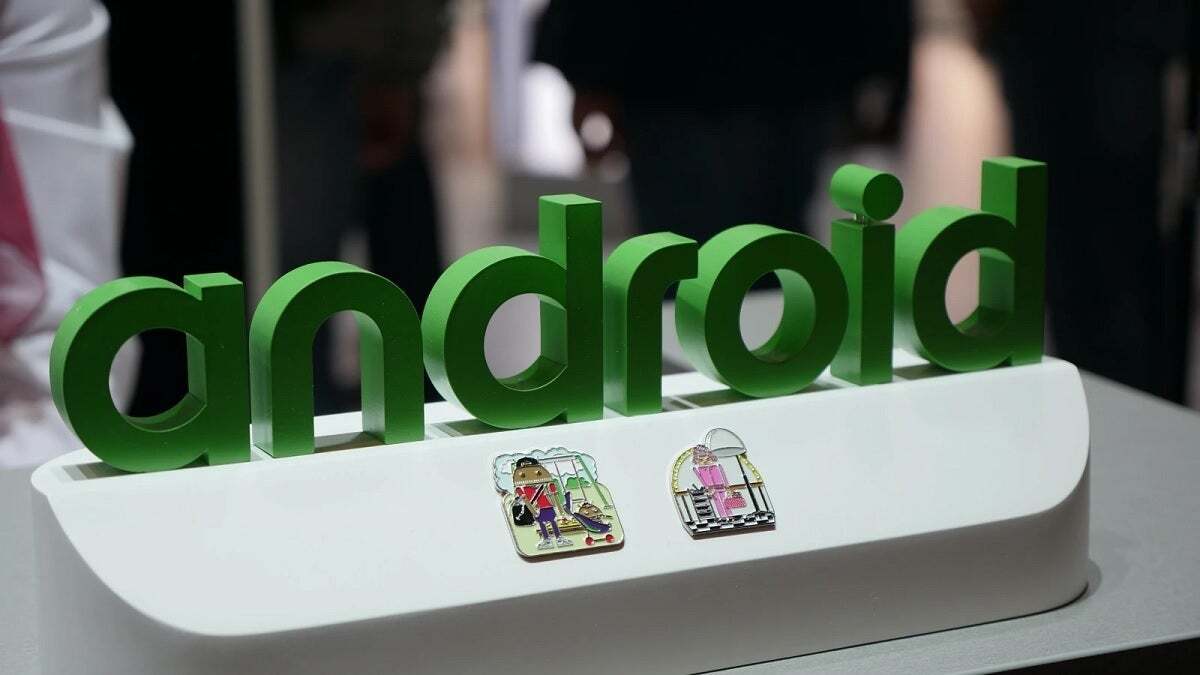India conglomerate Jio has partnered with Taiwanese fabless semiconductor giant MediaTek to supply the booming electric scooter market with digital dashboards.
The partnership, which was announced Thursday at an industry event in New Delhi, will bring chips supplied by MediaTek and an Android-based operating system along with hardware developed by Jio to electric scooters in India and potentially other emerging markets. These instrument clusters — the information displayed to the driver — run Android-based AvniOS and are powered by MediaTek MT8766 and MT8768 system-on-chips.
The partnership could be a boon for the two giants. India, one of the world’s biggest two-wheeler markets, has targeted 100% of two-wheeler sales driven by EVs by 2030.
Jio aims to leverage the partnership to boost its revenues by selling 4G subscriptions to vehicle owners and offering value-added services including cloud and mapping solutions. Over time, the telco could also monetize the data it collects from its 4G clusters and modules.
Jio Things, a subsidiary of Reliance Industries’ Jio Platforms that develops IoT devices for the telecom giant, has been working on its two-wheeler clusters since at least last year, TechCrunch has learned. The company has a dedicated team in Bengaluru that has been developing its Android-based operating system for EVs for the last few months.
The cluster operating system offers real-time data analytics, customizable interfaces, voice recognition, as well as includes integrations with vehicle controllers, IoT-enabled charging infrastructure and a preloaded battery management system. It also comes with a Jio Automotive App Suite that brings access to services offered by the Indian telecom giant, such as Jio Voice Assistant for voice assistance, music streaming app JioSaavn, web browser JioPages, and geolocation and geospatial service JioXploR.
“The two-wheeler market is now going from mechanical-defined to the future connectivity, advanced technology, even with AI supported. So MediaTek, with all the assets we have, is best positioned to help the incumbents and disruptors to win in this market. So collaboration with Jio to win in this future two-wheeler market, especially for the EV two-wheeler market is very promising and very encouraging, exciting for us,” CK Wang, general manager of the IoT business unit at MediaTek, told TechCrunch over a call.
MediaTek and Jio have been working together for some time. The chipmaker supplies system-on-chips to the telco for routers powering its optical fiber-based broadband services JioFiber and Jio AirFiber. Similarly, MediaTek powers Jio’s set-top boxes.
Jio sees growth potential in EVs, particularly in electric two-wheelers, which are growing significantly. In India, annual electric two-wheeler sales are nearing to cross the mark of a million units. Electric two-wheelers in the country are also projected to see a market penetration of over 45% by 2030, up from the existing 5%.
But Jio appears to have aspirations that extend beyond two-wheelers. The company has also been in talks with various stakeholders including a few automobile manufacturers in India to integrate its clusters and OS, two people familiar with the matter told TechCrunch.
“This collaboration firms up our commitment towards India-led global innovation and enhancing customer experiences in IoT technology, integrating MediaTek’s advanced chipset with our cutting-edge digital solutions to set new benchmarks offering seamless performance and unparalleled customer experience tailored for the future of mobility,” said Kiran Thomas, president and CEO of Jio Platforms, in a prepared statement.
Jio, which is said to spin off from Reliance Industries and file an IPO at a whopping $112 billion valuation, is quietly expanding its footprint in the automobile market. Last year, the company launched its onboard diagnostics device with a built-in eSIM to help four-wheeler owners track and diagnose their vehicles using the JioThings app. The company also has a smart EV charging suite with hardware and software support to offer customizable charging infrastructure for businesses and housing societies.




